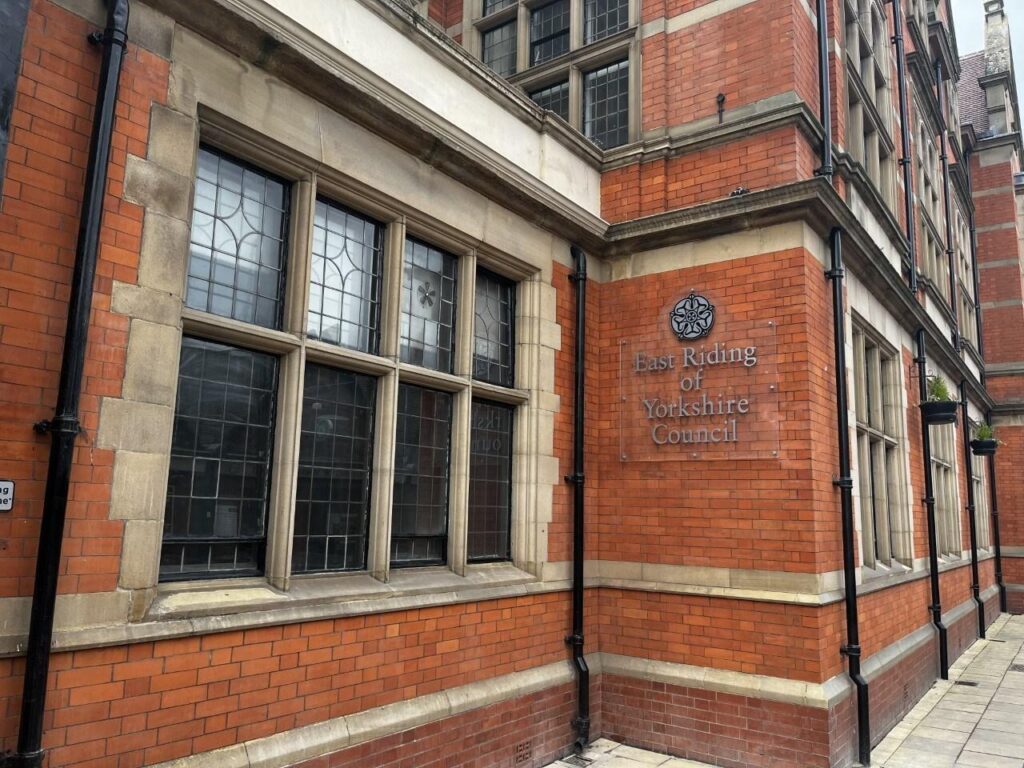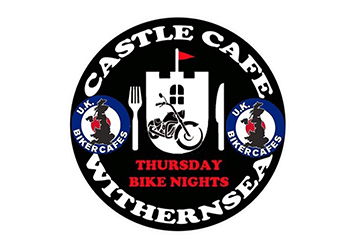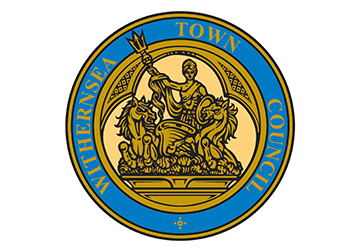East Riding councillors have approved its annual budget which sees a council tax hike whilst the authority aims to become a “smaller, leaner organisation.”
The Conservative and Independent coalition were backed by Yorkshire Party councillors in supporting the council’s 2025/26 budget which passed by 37 votes to 5, with 16 councillors abstaining.
The budget was presented by the council’s cabinet member for finances, Cllr Nigel Wilkinson, who announced a 4.99% rise in council tax, the maximum rate at which a council can usually raise tax without a referendum. Of the 4.99%, 2.99% relates to general council tax whilst the other 2% to the adult social care precept.
Cllr Wilkinson said that going forward, the council will become a “smaller, leaner organisation.” The announced “programme of workforce transformation,” will see the council’s workforce being reduced by 400 full time equivalents over a two year period.
This transformation, which is said will save the council up to £12m a year, will be achieved through “natural attrition, a reduction of management layers, redeployment, and voluntary redundancies,” according to Cllr Wilkinson, who added that a one-off £6.6m has been allocated within the budget for the costs associated with voluntary redundancies.
The budget sets the council’s spending plans for the upcoming year with notable highlights being a £21m allocation to the Jocks Lodge improvement scheme, £18m for the Howden Link Road, and over £12m for vehicle purchases. Overall, Cllr Wilkinson said the budget has been “built on three core principles. Growth, innovation, and operational excellence.”
As they are without a majority in the council, the Conservatives sought backing from other groups to get the budget approved. They received this backing from Independent councillors and members from the Yorkshire Party.
However, the budget was not without its critics. The Liberal Democrats’ Cllr Denis Healy described the budget as being “untenable, flimsy, and most likely unachievable.” Labour and Reform UK groups in the council either rejected the budget or abstained from the vote.
By: Andrew Spence, LDRS



































